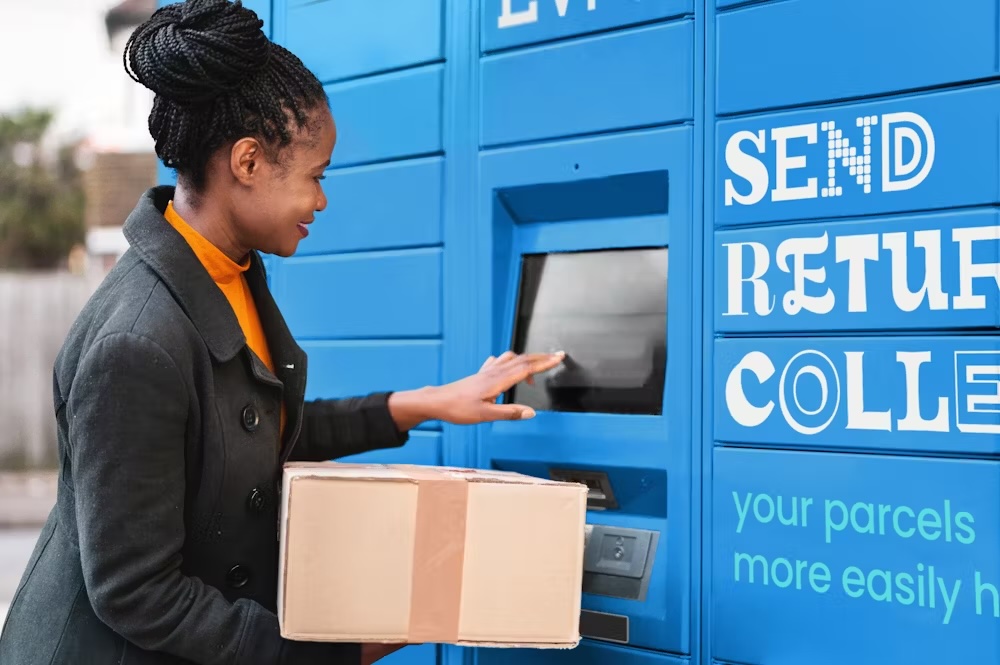Apple Pay is live in the UK. But the question now is whether it will win adoption.
Users of a range of Apple devices can now use the function to pay with MasterCard and Visa cards both in shops that take contactless payments and within apps on those devices.Apple’s iPhone 6, iPhone 6 Plus and Apple Watch can all be used to pay in shops, although the Apple Watch must be paired with an iPhone 5 or later that has iOS 8.2, or later, installed. The iPad Air 2 and the iPad mini 3 can also be used to make in-app purchases.
More than 100 UK and US banks have enabled their cards for Apple Pay. But all now wait to see if users and retailers will flock to use the new payment method – or not.
MasterCard and Visa are upbeat about the new service. “Innovation in UK payments means it’s fast becoming the most advanced market in the world and the arrival of Apple Pay heralds this new era. We will see more change in the next five years than we’ve seen in the last 50, bringing even more convenience and security for consumers,” said Mark Barnett, president of MasterCard UK & Ireland.
“Regardless of the device they use, our aim is to give consumers a safe and seamless payment experience that offers all the benefits and guarantees of any MasterCard transaction. Our work with Apple embodies the digital transformation of our company and solidifies our commitment to more secure, digital payments.”
In shops, consumers can pay by holding their iPhone over a contactless terminal and authenticating with Touch ID, while consumers using an app to pay authenticate their payment with their fingerprint or passcode.
MasterCard says payments are protected through a secure payment system built with EMV cryptography, and backed up by the additional security features of Apple’s Touch ID authentication.
The launch comes as studies suggest UK shoppers are ready to pay using their mobile phones. MasterCard surveyed 1,044 UK adults earlier this month and found a quarter planned to use their mobile to make a contactless payment in the year ahead. A third of potential users planned to link their credit card to their smartphone for contactless payments.
Meanwhile a Visa Europe study found 60% of iOS users wanted to pay using their mobile phone.
Jeremy Nicholds, executive director of mobile at Visa Europe, said: “Consumer demand for mobile contactless payments combined with the fact that 70% of people in the UK own a smartphone means that the pieces of the puzzle are coming together for a seismic shift from plastic to digital. With today’s launch of Apple Pay, it is clear that mobile solutions will fast become a preferred way to store and use a credit or debit card.”
But analysts suggest Apple will find UK mobile payments an already competitive market to break into.
Forrester Research says 27% of UK iPhone owners trust Apple to provide a mobile digital wallet – but other systems are ahead of Apple in earning consumer trust. Some 43% trust PayPal, 41% a bank, 40% a credit card network and 32% Amazon. Analyst Thomas Husson says consumers want a better shopping experience, rather than payment systems. But he believes adoption of Apple Pay will be faster in the UK than the US. That’s because NFC and contactless payments are more mature in the UK, while there is also a large installed base of compatible devices.
“Apple still has to demonstrate the added value it will bring to merchants (better experience, faster checkout, incremental revenues etc…) and brands,” said Husson in a blog.
“Also, Apple needs to create trust among UK consumers. They managed to do so in the US and no doubt trust will increase with the backing of the main banks (except Barclays). However, for now, iOS users are more likely to trust banks, credit card networks, Amazon and PayPal than Apple to provide a mobile wallet solution.”
Henry Morland, VP of products at platform software developer Brightpearl, agrees that adoption, both from retailers and from consumers, will be the real challenge for Apple.
“Recent research has highlighted that more than 60% of iPhone 6 users who tried Apple Pay once didn’t use it again because they forgot or weren’t sure the store they were in accepted it. A separate report from Forrester found only 27% of iPhone customers trust Apple when it comes to mobile digital wallets.”
One early adopter is Just Eat, the takeaway ordering platform. Carlos Morgado, group CTO at the company, said: “Just Eat is about creating the best and most convenient takeaway ordering experience. That means being wherever our customers may be, and enabling them to order using whatever device they might have. With more than 60% of Just Eat UK orders now being placed using a mobile device such as an iPhone or iPad, we’re always innovating to meet and exceed customers’ needs. Now a Just Eat takeaway is only a fingerprint away.”
Andrew Gilboy, VP EMEA at Demandware says the Apple Pay technology will drive retail forward.
“With Apple Pay, the tech titan has tapped into a retail truth: that convenience is king,” he said. “For retailers, mobile payments offer the opportunity to combine Touch ID and NFC capabilities to accelerate the checkout process, boost store productivity and increase profits.
“From today, the proof will be in whether NFC will become the long-term de facto standard for payments. Any time there is change at the cash wrap process, or with the technology, education is required to ensure efficient checkout and reduce disruption.
“Once again, Apple is pulling an industry forward. The buzz alone will force retailers – and consumers – to take notice. I’m not willing to bet against them and the mousetrap they are building, but Apple Pay today is only a fraction of the potential for the future, as time-starved consumers increasingly rely on their smart devices for researching, browsing and purchasing.”
But Jens Bader, chief commercial officer of UK based payment processing company Secure Trading, believes the results will be more limited. He argues that Apple is simply trying to rebrand NFC as Apple Pay. “No doubt, Apple is imagining customers will walk into a shop and ask the question “do you accept Apple Pay here?” which, in my opinion, is an unlikely future,” he said. “With so many competitors adopting contactless (from card companies, to other tech schemes such as Android Pay), ‘contactless accepted here’ is the sign I expect to see on shop-fronts.
“While the combination of contactless with mobile technology will promise increased functionality, such as the ability to see your balance on your phone screen as you pay, or receive an instant e-receipt, whether these features will be enough to completely alter the payments industry is a different story. I think it is definitely premature to say that Apple Pay will be the death of cash and cards. While the omnipotence of smartphones for the younger generation may make contactless mobile payment desirable for some in that demographic, the vast majority of the population will stick to what they know.
“Working in the payment industry you sometimes forget that there are still people uncomfortable with mobile technology, or even paying on their computers, but the reality is that this is the case – so Apple Pay is a far stretch for this demographic. Cash is by far and away the most inclusive payment method (used internationally and across all sectors of society) and therefore will remain safely unchallenged as the most successful payment method.”








